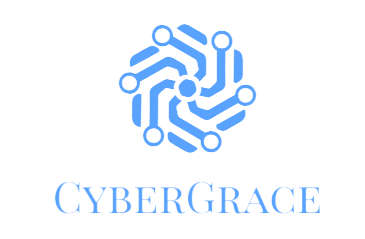An implementation software is a tool that combines automated systems being used by a business. Effectively, they also automate manual systems or improve in-house system’s automation capabilities. From email campaigns to message reminders, they enhance tasks via integration of CRM and ERP platforms.
In effect, they help businesses effectively communicate with teams outside the business and further boost the customer onboarding system (e.g., client implementation software). Particularly with client implementation software, businesses can greatly benefit from automation and integration.
Through such software, customers will begin to see your business as a reliable brand. To know more about the benefits of this software, keep reading.
Redefines Customer Service
As the core of your customer onboarding process, an implementation software guides the whole system from start to end. It schedules and completes tasks as well as prompts any user to fulfill a scheduled task. To any user, he will see the smooth transition from leads to actual buys.
The software is the face of the business when customers interact with them. To successfully maintain this, an automated approach to get these customers into your branding efforts is highly critical.
Streamlines Work Processes
At the operational level, business units and teams work in sequence. Tasks are organized based on such a sequence. To make these tasks work more fluidly, good communication is key. And this comes from a network consisting of teams from within and outside the business, and the customers.
With the use of an implementation software, the communication process becomes more systematized, and eventually, the work process. All targets are met with uniformity as everyone will be on the same page.
Improves Collaboration
 With everyone on the same page, teams can work more effectively, sharing and working together. Implementation software can enhance collaboration in the workplace. It offers a collaborative work management approach that affords some flexibility while at the same time standardizing and controlling program visibility.
With everyone on the same page, teams can work more effectively, sharing and working together. Implementation software can enhance collaboration in the workplace. It offers a collaborative work management approach that affords some flexibility while at the same time standardizing and controlling program visibility.
With a collaborative atmosphere, working around clients or customers will be easier. For instance, marketing teams working with customer service teams will be able to find better client- and product-related solutions.
Induces Best Practices
Implementation software also allows teams to create and share lists of best practices that enrich efficiency at work. Teams interact with customers regularly, and each team will have its own experience with customers, how to deal with them and how to retain them.
The more fluent communication process would then permit best practices to be shared across teams, allowing for adoption, and when effective, reinforcement.
Refines Learning and Development
An implementation software is also equipped with capabilities that hold virtual training sessions. These sessions can be completed individually or by teams. The training sessions are self-paced with learners finding the best time when they can resume their training schedules. More so, such sessions are recorded, from the time each is being registered to the time, it is being completed.
Implementation software for customer service is the new norm for an effective client onboarding process. It makes the whole process efficient and streamlined. This, in turn, ensures that teams within and outside the business are in tune with customer needs and demands.

